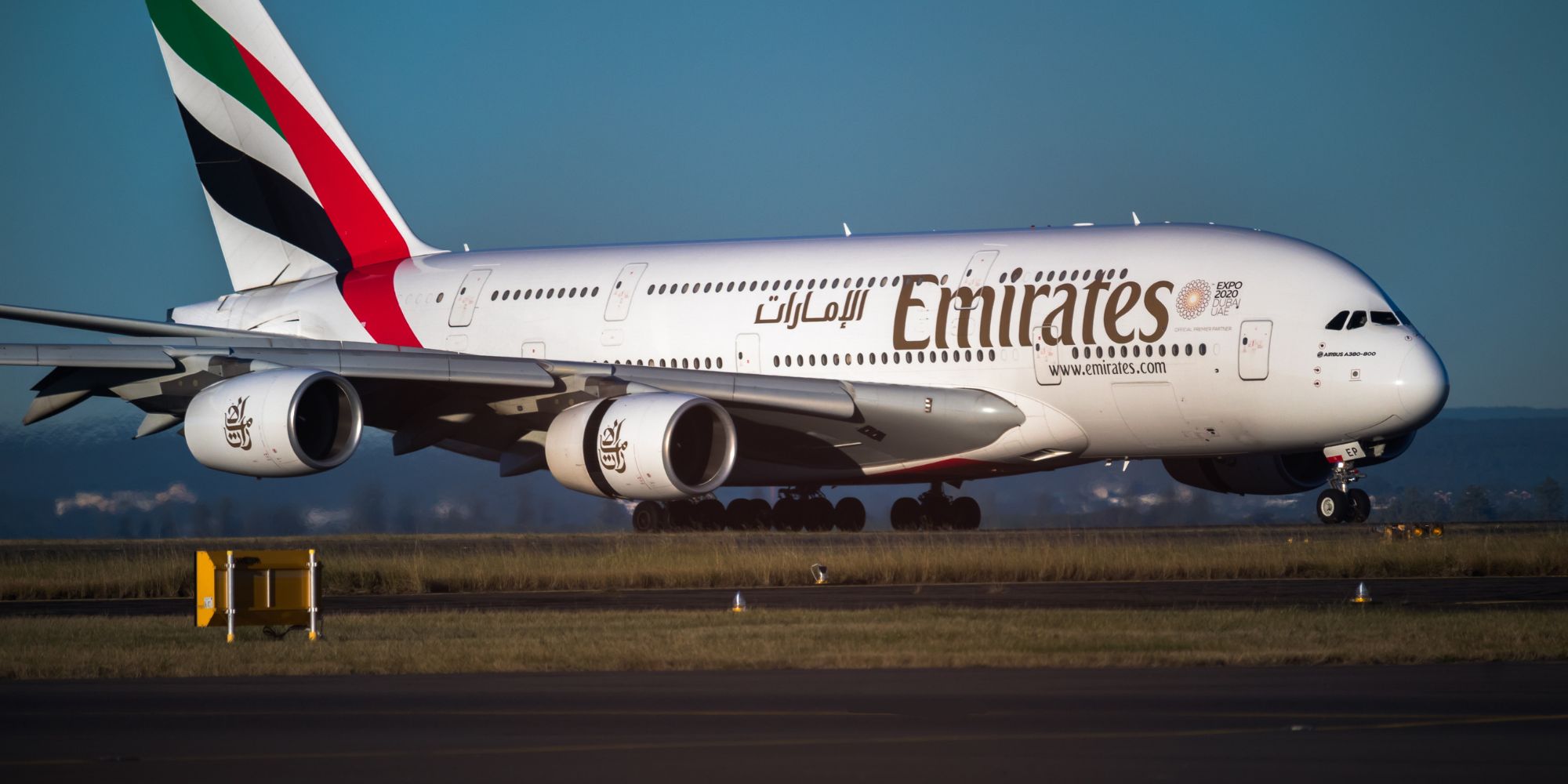Types of Dubai Visas for Indian Travelers:
Depending on the purpose of their visit, Indians can apply for different types of Dubai visas. The most common would include tourist visas (14, 30, or 60-day visas), business visas, and transit visas (48 or 96 hours). The visa-on-arrival for 14 days applies for holders of valid visas to the US, UK, or Schengen countries. Correct classification of the various visa types will always help in determining the travel duration and purpose for which an Indian traveller is going to Dubai.
Documents Required for a Dubai Visa:
Dubai visa applicants from India will need a valid passport (with at least six months’ validity), a recent passport-size photograph, a return air ticket that has already been booked, and proof of accommodation. For a tourist visa, travel insurance and bank statements showing sufficient funds might be needed. If applying through a sponsor, an invitation letter from a UAE resident or company can strengthen the application.
How to Apply for a Dubai Visa from India:
Indian citizens can apply for a Dubai visa online via an approved travel agency, airline websites (like Emirates, FlyDubai, or Etihad), or through UAE-based sponsors. A few hotels in Dubai help in granting visas. Processing normally takes 3-5 working days; express service will get your visa approved in 24-48 hours. Always apply much beforehand to avoid the last-minute rush.
Dubai Visa Fee and Processing Time:
The fee structure varies with the visa types and duration. A 14-day tourist entry visa will approximately cost ₹6,000-₹7,000, while a 30-day entry will be in the range of ₹7,500-₹9,000. A 96-hour transit visa is cheaper: it is around ₹2,500-₹3,500. Express processing will charge extra. Also, fees are liable to change, so do double-check with the UAE embassy or trustworthy travel agents before proceeding with an application. Do not fall prey to third-party scams and always use only authorized services.
Reasons for Visa Rejection and Tips to Avoid Rejection:
Reasons for rejection of Dubai visas include lack of funds, wrong documents, previous travel violations, or security leaks. Visa applicants’ chances of getting an approval increase with all information being accurate, a clearly-founded travel itinerary, and a good travelling record. In case of rejection, an applicant is expected to re-apply following the identification of the reason for the rejection. Engage a reputable travel agency for assistance in the application process while doing so early in good time will almost guarantee a free-crossing visa approval process.

